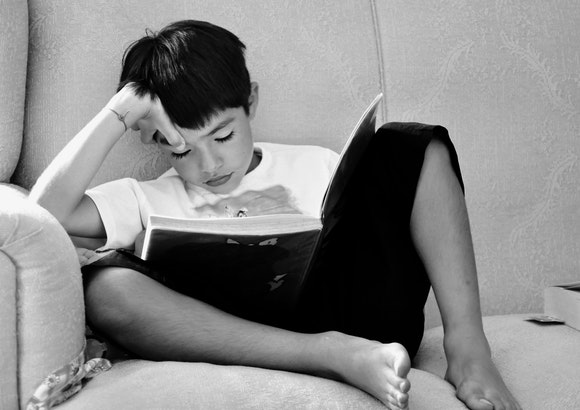Improving memory, attention and organisational skills
 Schooladvisor Team
Schooladvisor TeamWhen our children are ready to take their first steps into primary school, there are certain expectations placed upon them. These expectations – remain on task, work independently, follow detailed instructions all day, organise and keep track of their materials and monitor their time – have a large degree of flexibility initially. As our children progress through their school life their level of flexibility decreases dramatically. If a student has difficulty attending to instructions, forgets the content of instructions, loses focus, frequently loses possessions and is easily distracted, it may result in underachievement, especially in core areas such as literacy and numeracy.
CAUSES
Working Memory Capacity
A possible cause for these difficulties is often a result of poor working memory. Working memory is the ability to hold in mind and mentally manipulate information over a short period of time (such as an mental arithmetic). There is a personal limit to working memory. Each individual has a relatively fixed capacity that may be greater or less than what is expected for that age. Working memory increases with age.
Attention difficulties
Another cause for working memory difficulties is not due to capacity but due to attention difficulties. Like working memory capacity, the ability to concentrate and pay attention develops over time. For some children, the ability to pay attention is inconsistent with the rest of their development. Common behaviours include difficulty concentrating on a task or game for any length of time except for preferred activities (such as computer games), trouble organising tasks, being easily distracted and not following through on instructions. What can parents do to help children with working memory and/or attention difficulties?
Listening Skills
Teaching your child effective listening skills is an important strategy. Teach active listening skills, which involves making sure your child has eye contact and is able to repeat in their own words what you have said.
Watch for information overload
Parents should also be engaged in active speaking. This involves knowing how many instructions our child can retain, using S.O.S (short, often and simple) information for important instructions. ensure you have gained your child’s attention before giving instructions and check that your child has understood the message.
APPS to Assist Memory/organisation
With our tech savvy children, tablets and smart phones have excellent memory and organisation tools. Parents will need to assist children to use these tools effectively and monitor their use. Consistency is the key.
Organisation
To help our children understand the concept of organisation use a daily planning charts to enable them to see what they need to do and when. Place the days of the week down the left side and pictures of what they need next to each day. Place this chart in a prominent position at home and highlight each morning what day it is and what they will need.
Introducing this idea at a nursery or preschool stage will be very helpful for both parent and child in the long term. For children who are constantly losing things between home and school, it would be beneficial to provide two sets of supplies where practical.
As children develop these organisational tools, they will come to rely less and less on teachers and parents, contributing significantly to their individual confidence.
On a final note, it can often be challenging parenting children who have difficulties with memory, attention and organisation. Its important to remember that your child is not being naughty or thoughtless when he leaves his lunchbox behind for the tenth time this year. It is important to differentiate between behaviours that result from attentional and organisational difficulties and those that are within the child’s control.
Written by Jane Kilpatrick, an educational psychologist at Garden International School Kuala Lumpur.

